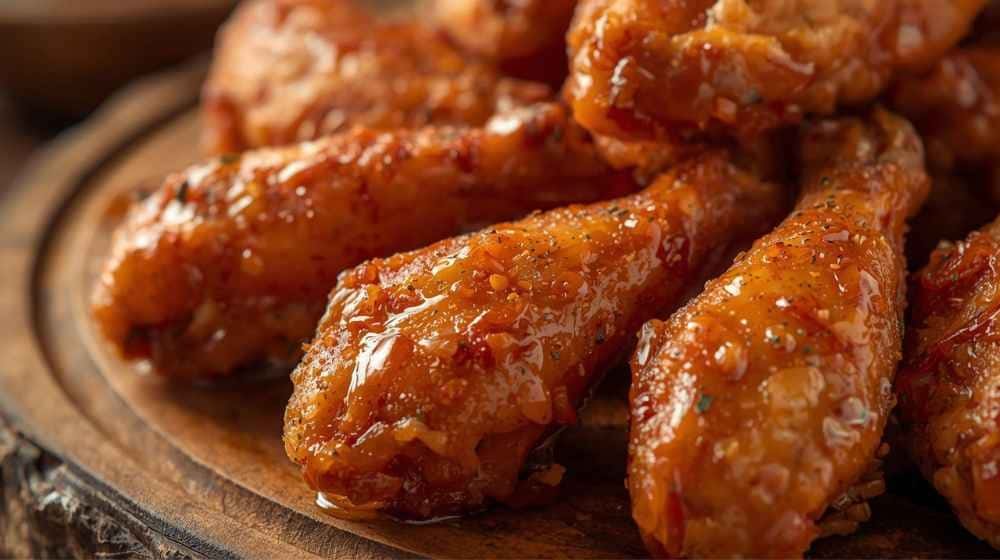Introduction: A Love Letter to Chickens
For most people, chickens are simply farm animals — clucking in the background of rural life.
For others, they’re nothing more than a source of eggs or meat.
But for some — like Manolo Ruiz, creator of Pollo.info — chickens are a passion, a lifestyle, and a living link to tradition.
Pollo.info is not just a website. It’s a doorway into a world where raising poultry is an art, science, and heartfelt pursuit.
What is Pollo.info?
Pollo.info is a comprehensive resource for anyone curious about chickens, hens, and even ducks.
It’s designed for both beginners and seasoned poultry keepers.
FOR MORE BLOG PLS VISIT : BLOKEP INDO
On the site, you’ll find practical guides, breed profiles, feeding advice, and insights into poultry health.
It’s also home to inspiring stories and real-life experiences that make chicken keeping feel personal and rewarding.
The Origin & Philosophy Behind Pollo.info
Chickens have walked alongside humans for over 8,000 years.
From early domestication in Southeast Asia to their role in religious rituals, chickens have always been more than just livestock.
For Manolo Ruiz, the inspiration for Pollo.info came from childhood memories of small farms, the smell of fresh straw, and the gentle chatter of hens.
He wanted to create a space where modern chicken keepers could learn while staying connected to those timeless values.
His philosophy:
- Treat chickens with respect and care.
- Use modern tools without abandoning humane traditions.
- Share knowledge freely, so others can succeed.
Why Chickens Still Matter in a Modern World
In today’s fast-paced, urbanized life, chickens represent something pure and grounding.
They connect people to nature, to food production, and to the rhythm of daily life.
Backyard chicken keeping is growing in popularity — not only in rural areas but in cities with small coops on rooftops and gardens.
Chickens are also part of the sustainability movement, helping reduce waste by eating kitchen scraps and producing natural fertilizer.
For those looking to make their own poultry feed, check out:
https://pollo.info/concentrado-casero-para-pollos
Applications of Poultry Keeping
Chickens are versatile in their benefits:
- Food Production: Eggs, meat, and even feathers have value.
- Composting & Soil Health: Chickens help break down organic matter.
- Education: They teach children responsibility and animal care.
- Companionship: Some people keep hens purely for their personality.
If you’re curious about the basics of raising chicks, visit:
https://pollo.info/como-criar-pollitos
Traditional vs. Modern Poultry Farming
In traditional poultry keeping, chickens roam free, find their own food, and live with minimal interference.
It’s low-cost and more natural, but it also comes with risks — predators, diseases, and inconsistent egg production.
Modern poultry keeping uses technology — automatic feeders, climate-controlled housing, and even AI for flock monitoring.
This can improve efficiency but must be balanced with welfare concerns.
To explore raising ducks and chickens together, read:
https://pollo.info/criar-patitos
https://pollo.info/criar-patos-vs-pollos
The Economics of Raising Chickens
Before starting, it’s important to understand the financial side of poultry keeping.
Housing, feed, medical care, and breeding stock are all expenses.
Some breeds are more expensive than others. For a breakdown of chicken prices, visit:
https://pollo.info/cuanto-cuestan-los-pollos
What to Feed Young Chicks
In the first few weeks of life, nutrition is crucial. Chicks need protein-rich starter feed, fresh water, and small amounts of greens. Improper feeding can stunt growth or cause illness.
To learn more about chick diets, check:
https://pollo.info/que-comen-los-pollitos
Exploring Breeds: From Hens to Ducks
The choice of breed depends on your goals — egg production, meat, show competitions, or companionship.
Some rare breeds, like grey hens, are both beautiful and productive:
https://pollo.info/razas-de-gallinas-grises
For duck enthusiasts, there are domestic and heritage breeds worth exploring:
https://pollo.info/razas-de-patos-domesticados
https://pollo.info/razas-de-patos-patrimoniales
Miniature Chickens: Small but Mighty
Miniature, or bantam, chickens are ideal for small spaces.
They eat less, require smaller coops, and often have charming personalities.
For more on these tiny wonders:
https://pollo.info/pollos-en-miniatura
Integrating Chickens into Gardens
Chickens can be garden helpers, eating pests and turning soil.
However, they can also damage plants if not managed properly.
Learn the balance at:
https://pollo.info/pollos-y-jardines
Best Practices for Chicken Care
- Housing: Keep coops dry, clean, and secure.
- Feeding: Balance between commercial feed and fresh supplements.
- Health: Watch for parasites and consult a vet when needed.
- Breeding: Match breeds for desired traits.
- Protection: Guard against predators like foxes and hawks.
Future of Poultry Keeping
By 2050, urban farming will likely bring poultry keeping into more city environments.
Ethical farming, organic feed, and sustainable practices will define the future of chicken care.
Websites like Pollo.info will continue to be vital — offering free, practical knowledge for everyone from hobbyists to commercial farmers.
Conclusion: Why Pollo.info Exists
Pollo.info is more than a guide — it’s a community space for those who see chickens as more than food.
It’s about passion, sustainability, and preserving the joy of poultry keeping.
Whether you’re raising your first chick or managing a full flock, Pollo.info is here to help — step by step, feather by feather.
FAQ – Chickens & Hens
1. How long do chickens live?
Most breeds live 5–10 years with proper care.
2. Can I keep hens in my backyard?
Yes, but check local laws before starting.
3. What’s the best breed for eggs?
Rhode Island Reds, Sussex, and Leghorns make good layers.
4. Do hens need a rooster to lay eggs?
No, only if you want fertile eggs do you need roosters.
5. How can I protect chickens from predators?
Use secure fencing, close coops at night, and add deterrents.










